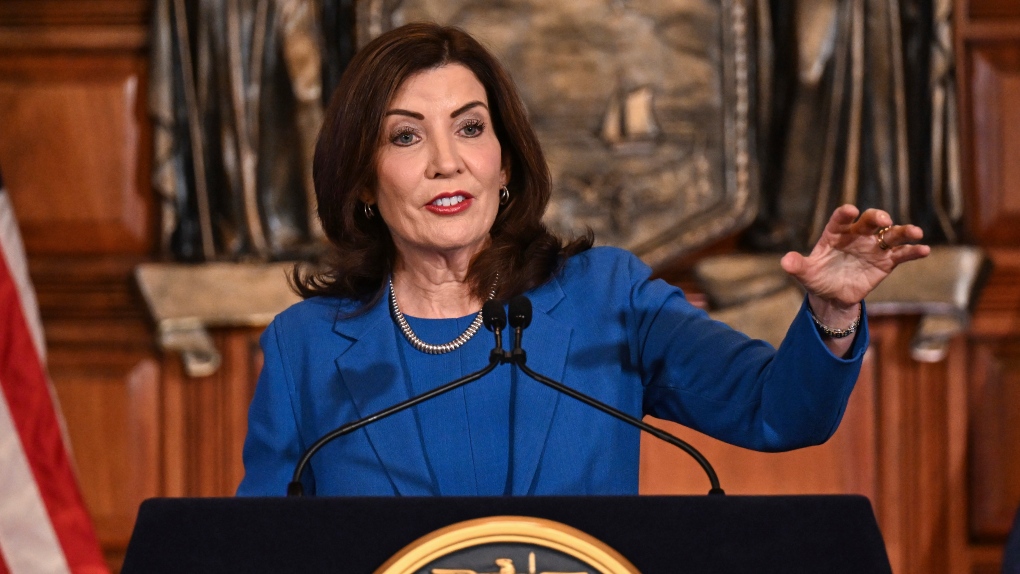Though New York legislators legalized recreational pot nearly three years ago, the transition to regulated sales has been marred by legal disputes and delays. Despite the opening of the first licensed recreational pot shop in December 2022, only 70 retailers selling adult-use cannabis have been licensed statewide. This count includes various types of licenses, such as Conditional Adult-Use Retail Dispensary (CAURD) storefronts, delivery services, and co-licensed medical marijuana dispensaries.
However, the shortage of licensed retailers, combined with the decriminalization of cannabis possession, has led to a surge in unlicensed pot shops, particularly in New York City. An estimated 36,000 unlicensed retailers have emerged statewide, with approximately 1,500 in New York City alone. Critics argue that this proliferation of unregulated shops poses a threat to the viability of the legal cannabis industry.
Earlier this year, Governor Hochul labeled the rollout of legal cannabis as a “disaster,” suggesting that significant changes to the Marihuana Regulation and Taxation Act (MRTA) would be necessary for improvement. Hochul’s concerns were reiterated as she highlighted the prevalence of unlicensed weed shops in certain areas of New York City.
In response to these challenges, Governor Hochul declared her administration’s intention to conduct a thorough assessment of the cannabis rollout to identify areas for enhancement and ensure its success. This evaluation will be led by Commissioner for the Office of General Services Jeanette Moy, who, along with a team of state officials, will collaborate with the New York Office of Cannabis Management (OCM) for a minimum of 30 days.
Governor Hochul expressed confidence in Commissioner Moy’s ability to pinpoint areas requiring improvement, establish standardized processes across agencies, and propel the next phase of New York’s legal cannabis market. Attorney Lauren Rudick, who has assisted numerous clients with cannabis business license applications, welcomed Hochul’s review, hoping it would lead to a more transparent and predictable licensing process.
The assessment will encompass a comprehensive review of the OCM’s organizational structure, systems, and processes, with a focus on expediting application processing times and reducing the timeline from application to business opening. Moy’s team will also develop performance metrics and a licensing dashboard to provide policymakers with a holistic view of licensing activity.
Additionally, efforts will be made to identify and implement policy changes aimed at streamlining the application and licensing process, along with the formulation of short-term plans to further enhance regulatory performance.
Photo by AP Photo/Hans Pennink, File




